Doctors Without Borders/ Médecins Sans Frontières (MSF), in collaboration with Kasturba Medical College and Vydehi Institute of Medical Sciences and Research Centre organised a two-day national level medical symposium on sexual and gender-based violence (SGBV) on December 10-11, 2022 at Kasturba Medical College, Manipal.
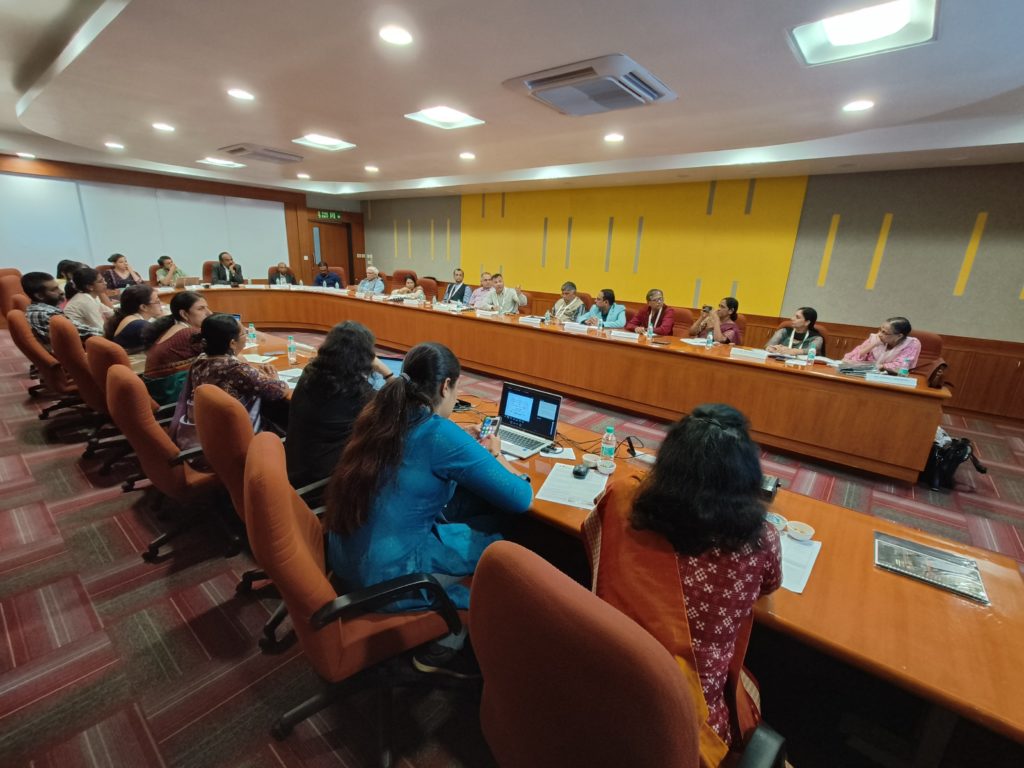
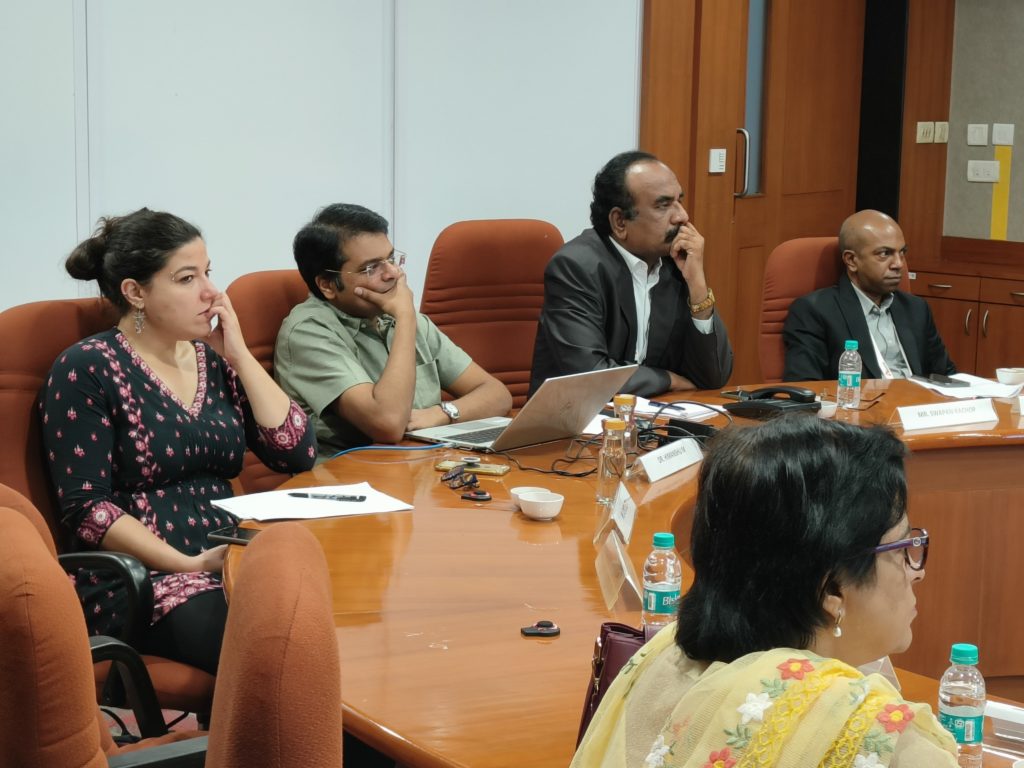
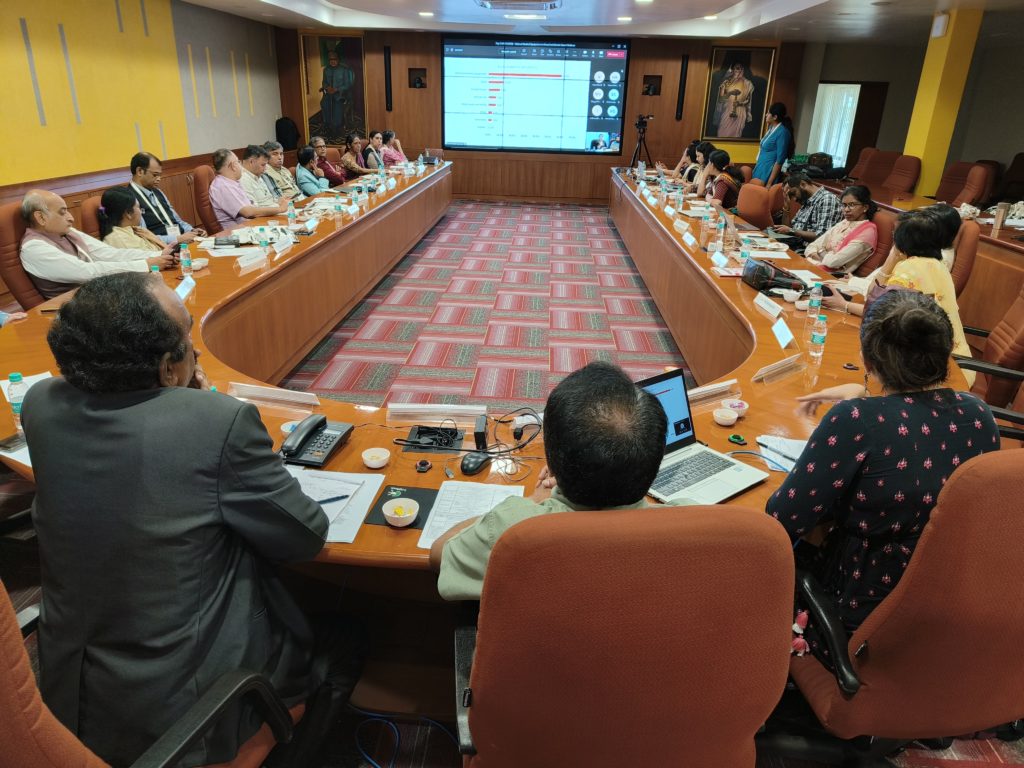
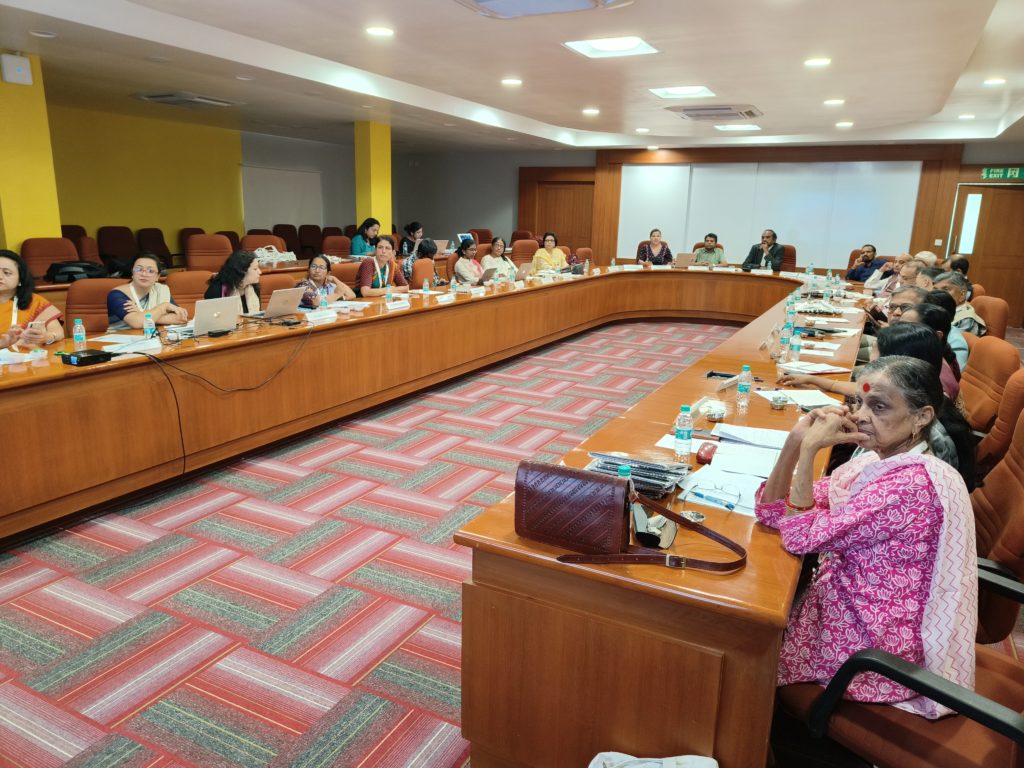
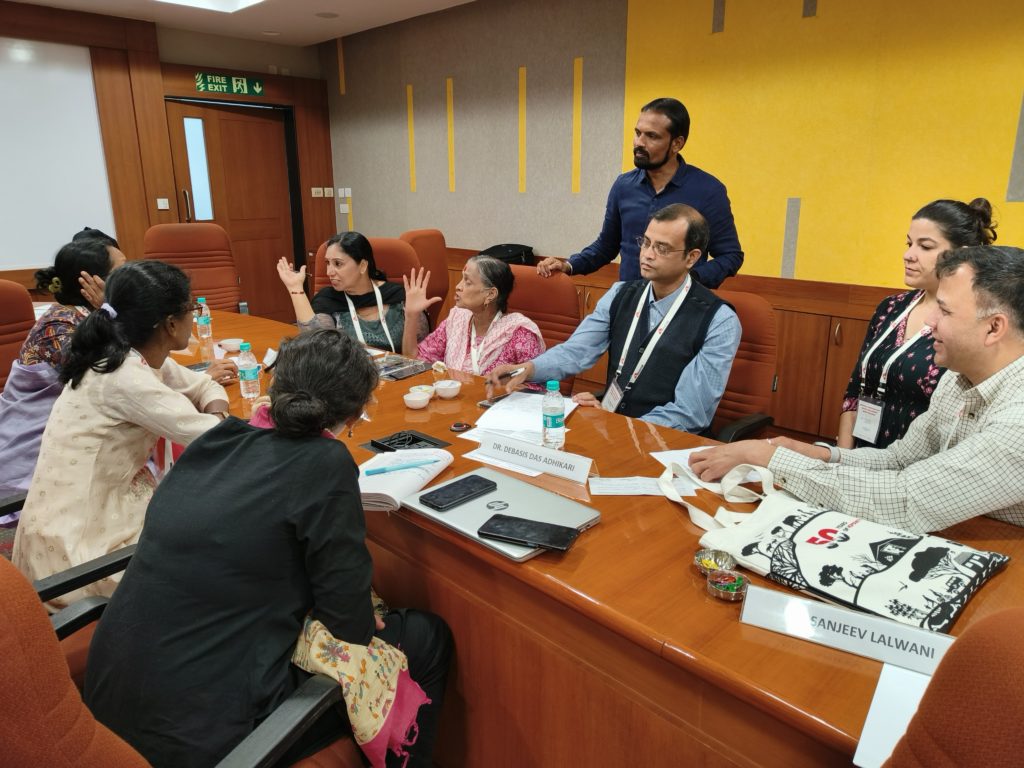
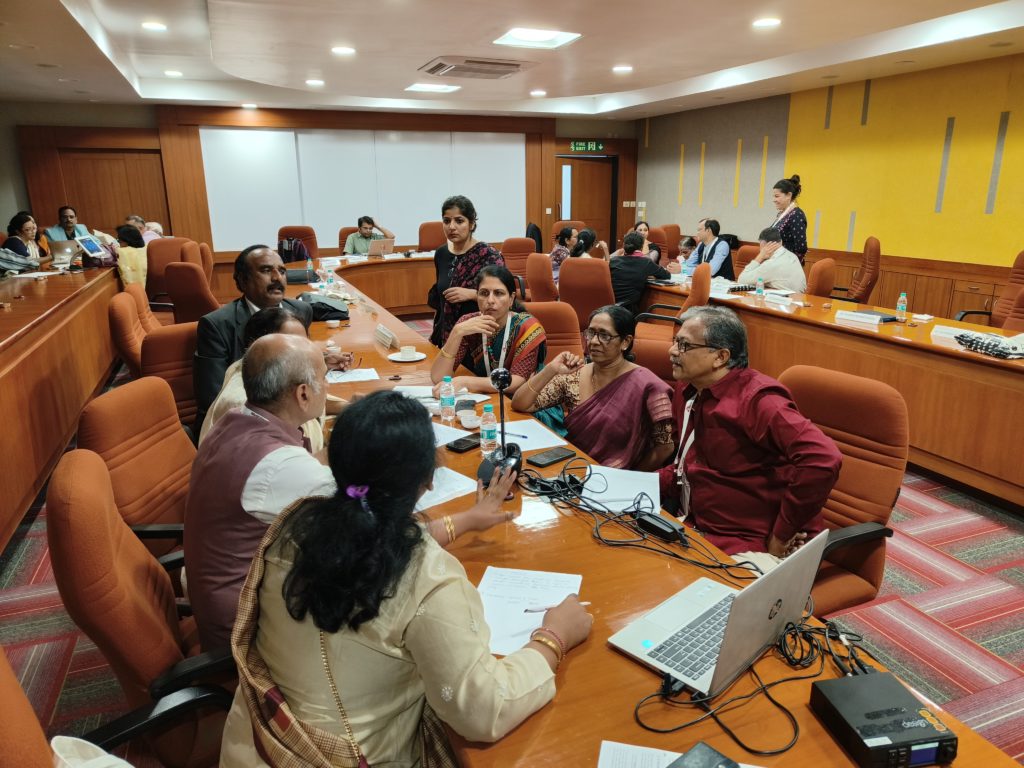
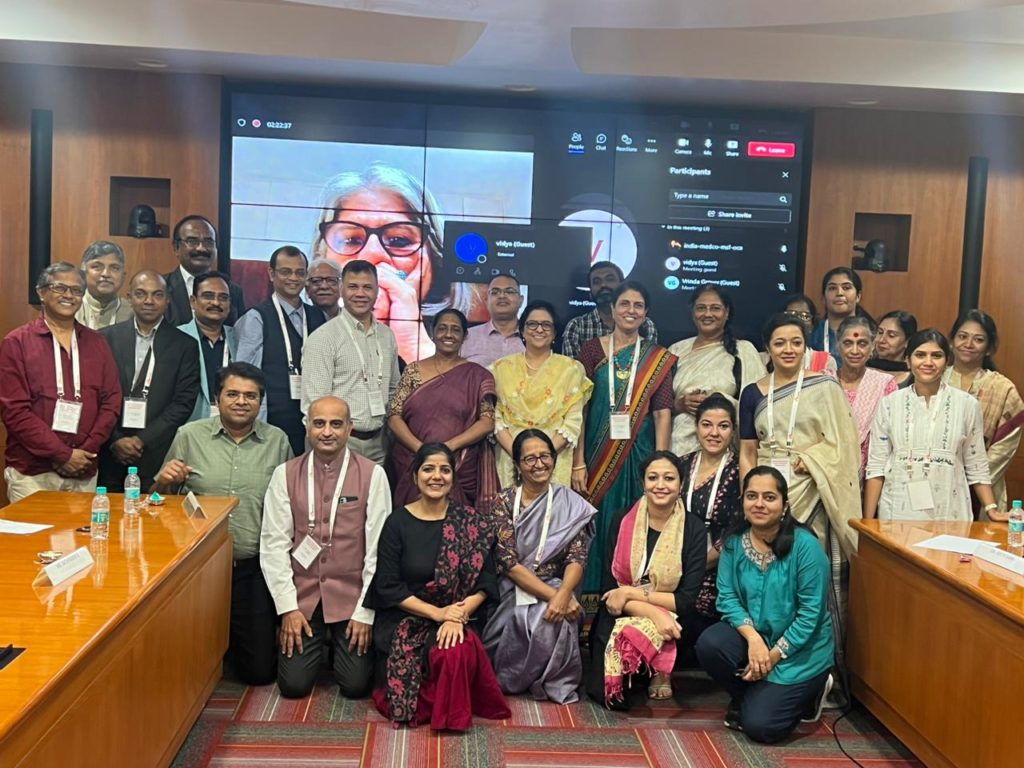
The symposium focused on establishing a survivor-centric model of care across India. Specialists in the field of sexual and gender-based violence, including senior medical faculty (forensic medicine, gynecology, pediatrics, psychiatry), lawyers and members of women’s rights organizations highlighted the need for better policies and practices to mitigate the structural and systemic deterrents which hinder survivors’ access to medical and psychological care. These include issues such as mandatory police reporting for POCSO, lack of holistic medical education and training among healthcare workers, prejudiced media narratives and deficiencies in health seeking behaviour among survivors due to lack of knowledge and awareness.
While inaugurating the event, Lt.Gen (Dr.) M.D. Venkatesh, Vice Chancellor, MAHE, Manipal said, “There were several news reports that incidents of sexual and gender-based violence increased manifold during the pandemic. But there is a dearth of proper insight and evidence on the issue as a whole. It is symposia like these that will fill in this gap and will lay out the roadmap for revision of existing national policies.” Dr Himanshu M., Medical Coordinator, Doctors Without Borders, India said, “According to the National and Family Health Survey of 2015, only 5 among 10,000 survivors of sexual and gender-based violence seek medical care and this happens despite the fact that it causes both short and long-term health consequences. We as MSF have been advocating for reforms and we believe these should be led by the health sector and academia.”
Advocate Vrinda Grover took part in the symposium as the chief guest. She said, “Despite the amendments in law, the bias and prejudices persist even among medical professionals and police personnel while examining the survivors. In terms of public perception, cognisance is quicker when bodily injuries are significant. However, majority of cases of sexual and gender-based violence in the country do not involve grave injuries but the trauma and damage still need to be addressed as seriously. A woman or a girl child’s body should not be seen just as a piece of evidence but from a humane perspective of care.”
The presentations during the symposium emphasized upon healthcare access barriers faced by women across age groups and economic strata – especially women who are survivors of domestic violence and intimate partner violence. Members of women’s rights organizations highlighted the access issues in terms of psychological and legal aid for vulnerable populations such as women with disabilities and the LGBTQ community.
Dr Jagdeesh Reddy, Professor and Head, Department of Forensic Medicine, Vydehi Institute of Medical Sciences and Research, Bangalore said, “Multiple guidelines have been issued by the government of India on the subject of sexual and gender-based violence but there are drawbacks in the implementation thereof. There is a need for in-depth research on the issue so that we can make robust policies based on our own evidence and not from western countries.”
The symposium culminated into the formation of multidisciplinary working groups which will deliberate and come up with policy action plan and recommendations. The goal is to help decision makers and stakeholders, including government authorities, judiciary and relevant partners, working on SGBV care to understand the inter-sectional complexities more deeply and devise sustainable solutions.











